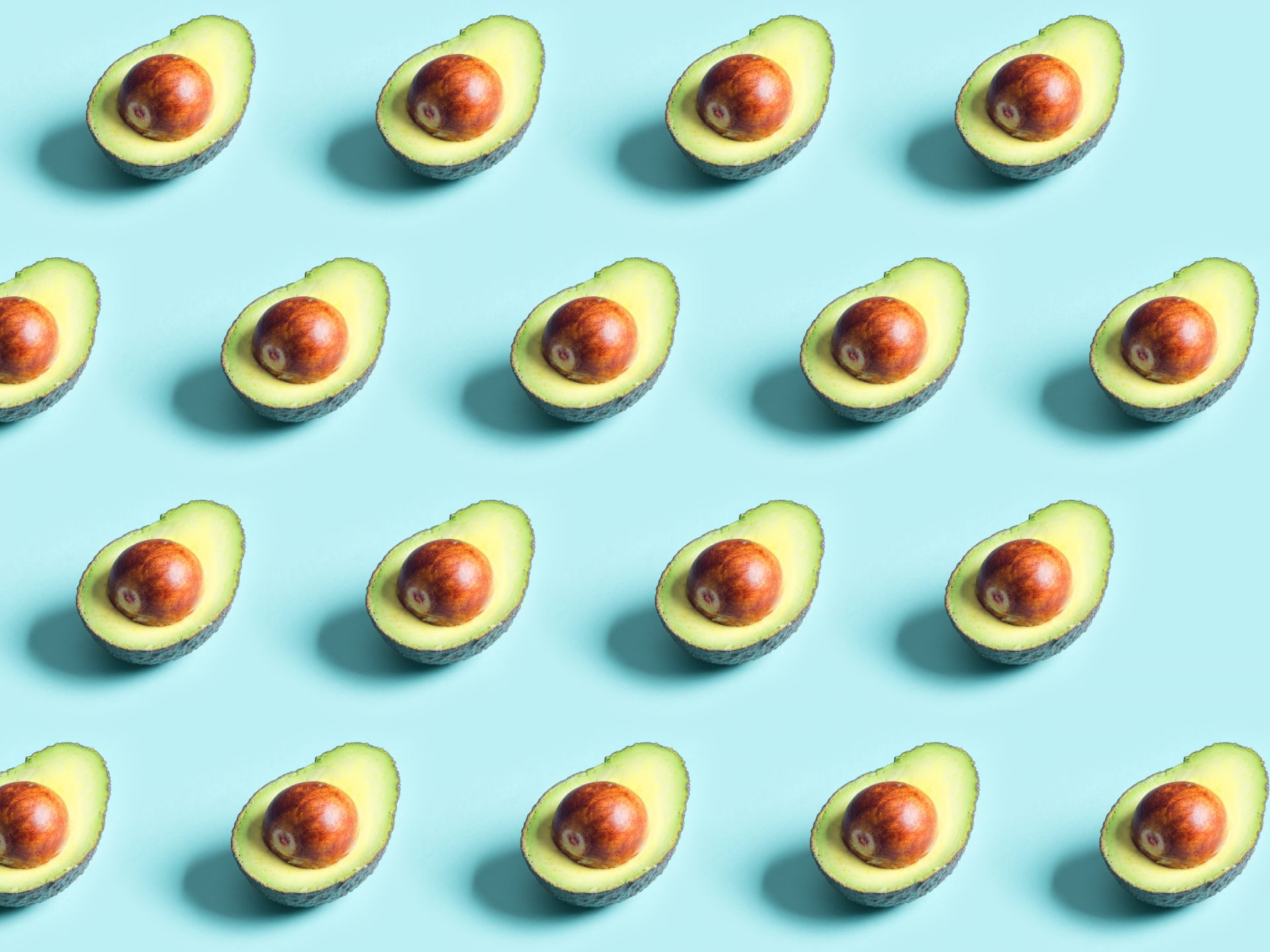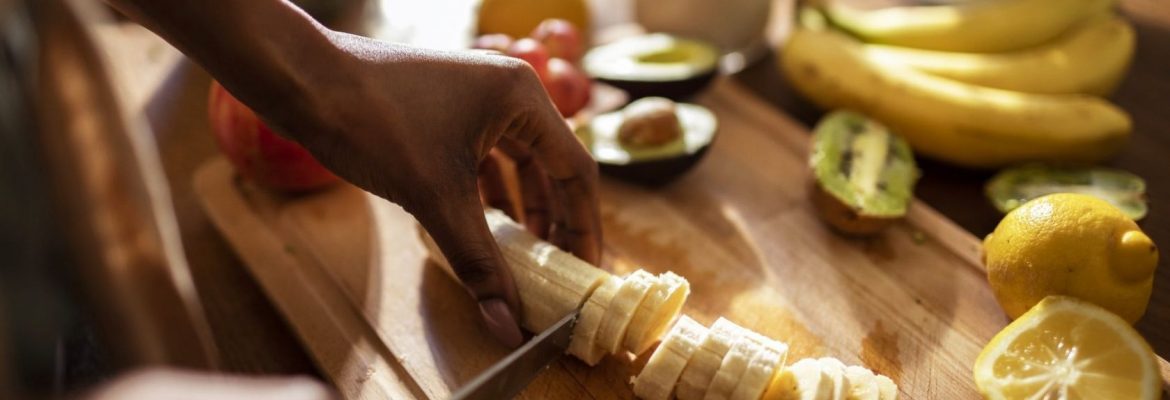Are bananas, avocados and salmon the solution for women’s heart health?
Potassium-rich foods could be the answer to lower blood pressure, especially for women with high salt intake, according to new research.
It’s well drilled into us by now that eating too much salt is bad for our health. Eating large amounts can cause raised blood pressure, which can increase the chance of heart disease and stroke. In fact, the World Health Organistion puts cutting salt intake alongside quitting smoking as one of the best things people can do for their wellbeing.
But, no matter how much we try and avoid excess amounts of it, salt is everywhere. It’s sprinkled on our meals, in our snacks and hidden away in all sorts of processed food, with as much as 85% of the salt we eat already in the food we buy rather than being added during cooking and eating. According to the British Heart Foundation, working-age adults in England consume 8.4g of salt a day – 40% above the national guidelines.
You may also like
Salt: is sodium bad for you, and how much should you have?
So, while it’s in our best interests to keep an eye on the foods we’re eating and cut excess salt out of diets where we can, a new study has found a further solution to helping us control our sodium intake.
According to new research, eating foods that are rich in potassium, such as bananas, salmon and avocado, can help reduce the negative effect of salt in our diets and it’s especially effective in women.
The findings from Amsterdam University Medical Centers in the Netherlands and published in the European Heart Journal found high potassium diets were associated with lower blood pressure, especially for women who ate higher amounts of salt.
The study, which included 11,267 men and 13,696 women in the UK, found the mineral helps preserve heart health and that women benefit from it more than men.

Researchers found that as intake of potassium went up, blood pressure went down. When this was analysed according to salt intake, the relationship between potassium and blood pressure was only observed in women with high sodium intake.
The participants were followed up for an average of 19.6 years, and over that time, researchers found people who had the highest potassium intake had a 13% lower risk of cardiovascular events compared to those with the lowest intake.
The author of the study, Professor Liffert Vogt, said the results “suggest that potassium helps preserve heart health, but that women benefit more than men”.
You may also like
What to eat on your period: 3 iron-rich recipes for breakfast, lunch and dinner
As a result, eating potassium-rich foods could be one way women can help monitor their sodium levels. That means making foods like bananas, salmon and avocoado as well as dark leafy greens, baked potato and yoghurt part of our diets. Better start rewriting your shopping list.
Image: Getty
Source: Read Full Article
